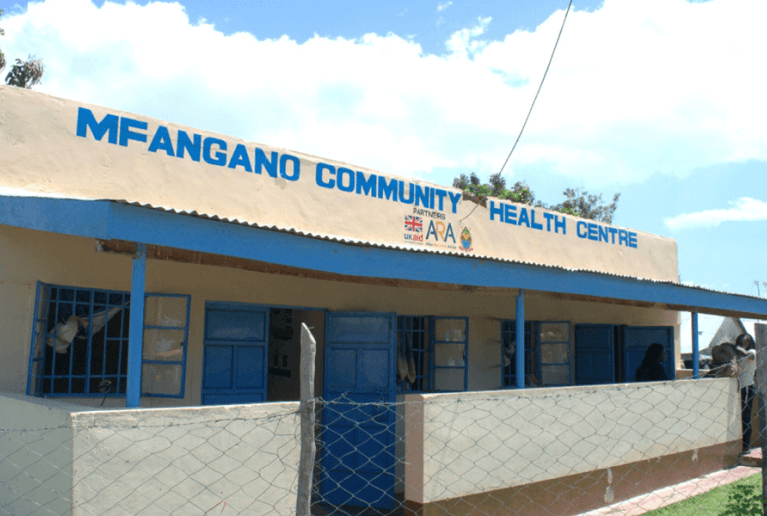By Sam Gwer- Paediatric Neurologist and Founder ARA
As a junior medical doctor, many times when I visited my parents in rural Western Kenya, I would be crowded out of my parents house by community members seeking care, having gotten wind of my visit. “Daktari nitie” (the doctor is around) – the message would be passed around the village very quickly.
I was ill-equipped to offer service during these visits but in subsequent visits, I started carrying my stethoscope, a blood pressure machine, and a patellar hammer. Many times, I sent my patients for investigations or with prescriptions to the nearest town: they would cover the costs of travel and get back to me with the results or procure the drugs.
Although poor, my people were willing to pay for service because ill health hindered their livelihoods and made for miserable lives. The nearest public health facility was a distance away and many times, did not have medicines and was served by a clinician who would seldom report to work or would be rude and intoxicated during working hours. They had no alternatives.
Some situations were heart breaking: the widower who had difficulties swallowing food who I figured had advanced stage of cancer of the food pie; the young girl who kept to herself and her infant baby because she “leaked urine” on after a difficult labour at a young age; the young mother who had been sent away from her marital home because she was “devil possessed” but actually had epilepsy and bipolar personality disorder – it didn’t help that her child had severe developmental delay.
Many girls had also dropped out of school because of early pregnancy and struggled as young mothers while dealing with the associated stigma. With certainty, every year a number of girls would drop off.
I mulled over the idea of setting up a clinic to offer care to my community and others in a similar setting. For a while, I focused on my post-graduate studies and doctoral research work focussing on children with coma and other severe illnesses. I remained aware of the very broken health system that handed to me children with severe illnesses and brain damage as my study subjects.
An abrupt change in employment was the ignition that saw me start ARA as an organization that could accommodate my research interests and help me implement programmes to promote access to healthcare by under-served communities. First was a center in Malindi that would later accommodate a successful epilepsy outreach programme. Then Moses joined and we would try Ngong, Eastleigh and Tassia in Central Kenya: the first two failing miserably.
Even so, we saw an opportunity to implement a model of health service targeting other rural settings – a place we felt we could have great impact by involving the community and providing sustainable quality healthcare. Since then we have designed and re-designed our rural healthcare delivery model, harnessing the strengths of communities and providers to improve access to quality care in rural settings across Kenya.
Moses led the design of a clinic and patient management technology STONE-HMIS® that has grown into a standalone health management information system, assisting in patient treatment, tracking and follow up, stock control of pharmaceuticals and other medical supplies, and revenue tracking.
STONE-HMIS® is currently implemented across all our kiosks and is also used in 13 public and faith-based health facilities. We have learnt how to effectively deploy technology solutions in the midst of struggles with erratic power supply in rural settings, poor network connectivity, and human resource resistance to change. We’re still learning.
In this venture we could never do what we do without the strength, determination, and consistency of our community partners.
